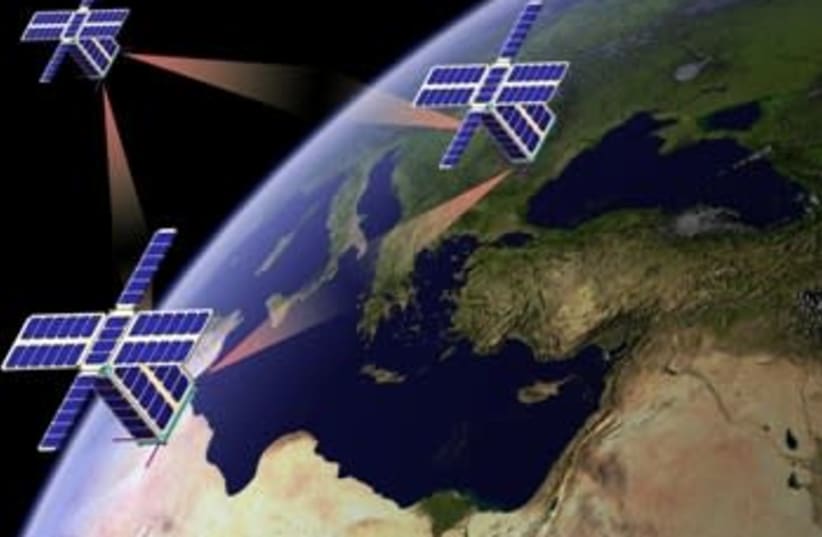Kleos Space, a space provider of engineering and technology development services, confirmed that the final preparations for the launch of Kleos’ four scouting mission nano-satellites has been completed by its team of mission experts in India. Kleos Space aims to guard borders, protect assets and save lives by delivering global activity-based intelligence and geolocation as a service. The Scouting Mission will deliver targeted daily services with the full constellation delivering near-real-time global observation.
The launch of the four nano-satellites is slated for November 7 from India’s Satish Dhawan Space Centre, aboard the Indian space agency's launch vehicle, the Polar Satellite Launch Vehicle (PSLV).
The Kleos team performed system checkout and mechanical inspection prior to battery charging and fueling. The satellites were then armed for flight, inserted into their dispensers ready for integration onto the launch vehicle.
“We are immensely proud of the entire team, they have gone above and beyond the call of duty to get our scouting satellites launched in the middle of a pandemic," added Andy Bowyer, CEO of Kleos Space.
"We have moved one step closer to delivering our data products that will enhance situational awareness for our customers.”
The Kleos' scouting mission satellites' launch will significantly improve data collection over crucial areas of interest such as Strait of Hormuz, South China Sea, East and West Africa, Southern Sea of Japan, and the northern Australian coast.
The satellites will detect and geolocate maritime radio frequency transmissions to provide global activity-based intelligence, enhancing the intelligence, surveillance and reconnaissance capabilities of governments and commercial entities when Automatic Identification System is defeated, imagery unclear or targets out of patrol range.
Used with other data sources, Kleos’ independent geolocation data will assist the detection of hidden maritime activity, such as piracy, drug and human trafficking and illegal fishing.
After the launch, Kleos’ satellites will commence their Launch and Early Orbit Phase, one of the most critical phases of a mission. Spacecraft operations engineers take control of the satellites after launch vehicle separation, up to the time when the satellites are safely established in their final orbit.
